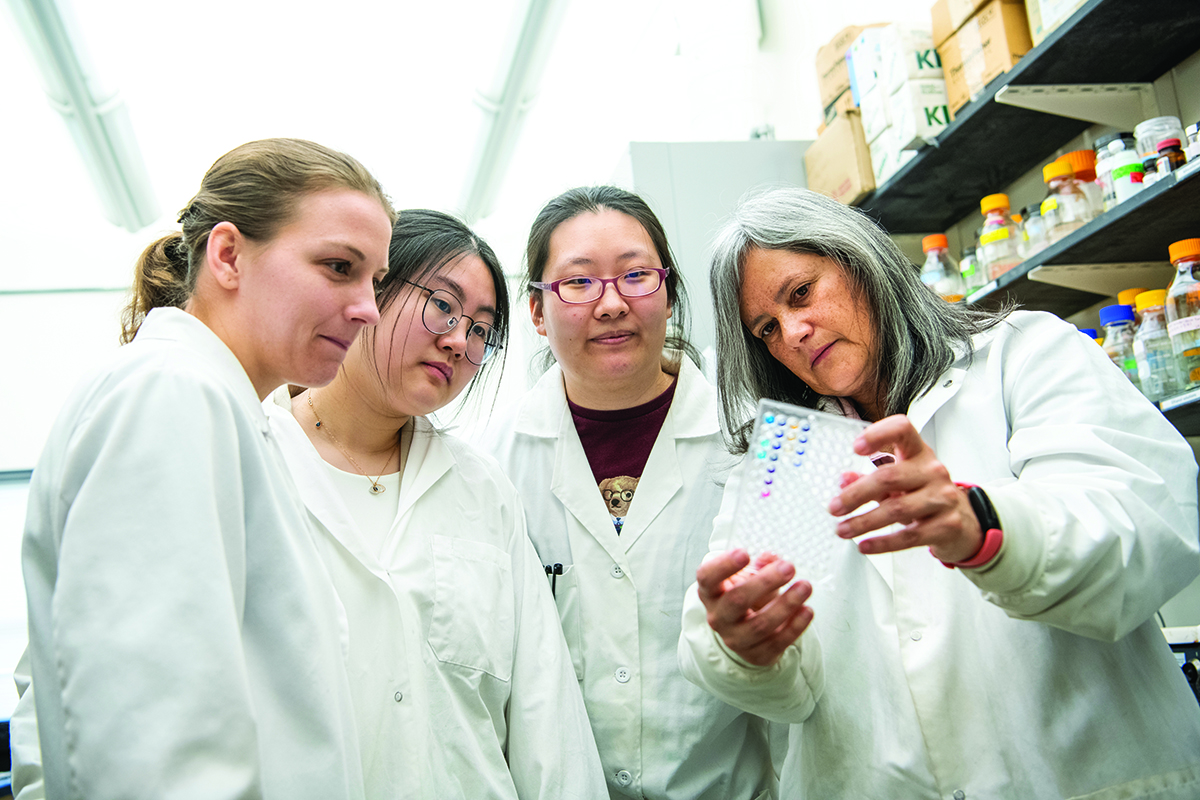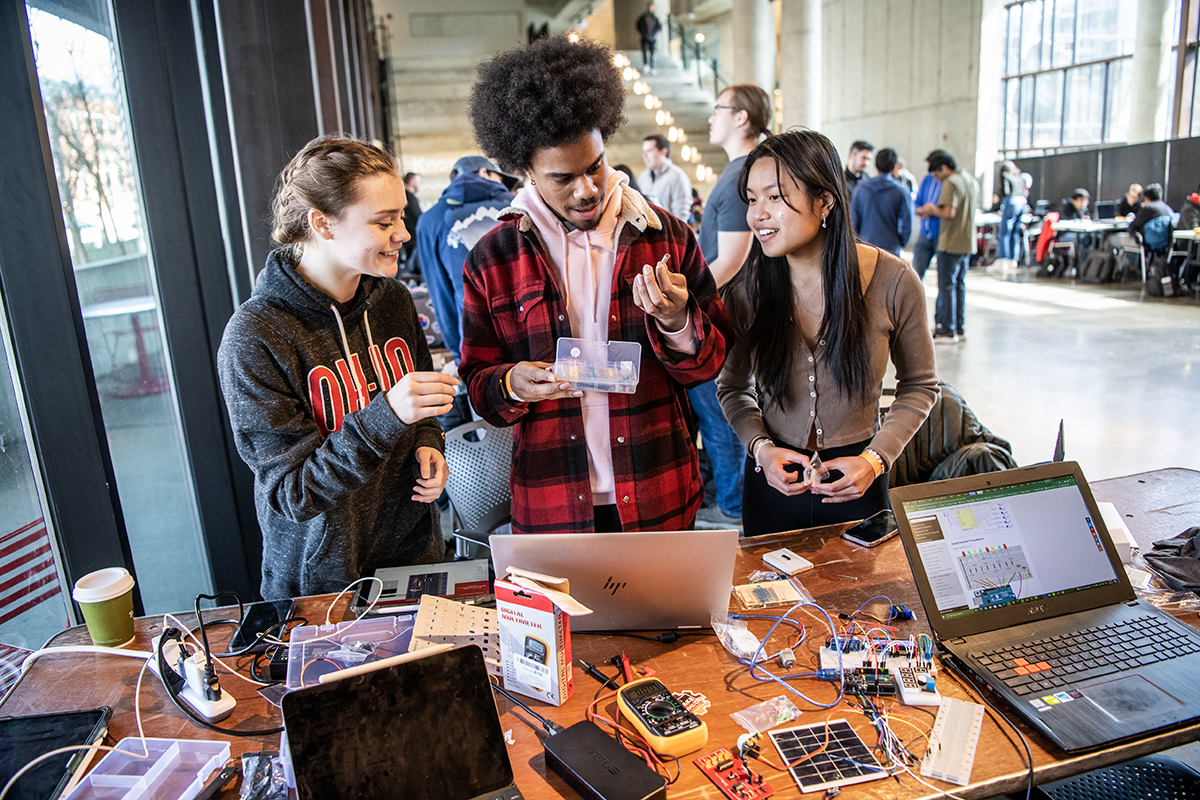The Committee on Academic Misconduct (COAM) is charged with maintaining the academic integrity of The Ohio State University by establishing procedures for and investigating all reported cases of alleged academic misconduct.
Contact COAM
Committee on Academic Misconduct
281 W. Lane Ave.
Columbus, OH 43210
Phone: (614) 292-7262
Email: coam@osu.edu
The COAM Coordinator may not discuss or divulge any information about an academic misconduct case except with those individuals who are directly involved in the case.
NOTE: Submission of academic misconduct incident reports is now conducted via a Maxient portal.
Notification Update — October 2025
Students involved in academic misconduct cases will receive the incident summary — a recap of the allegation narrative submitted by the reporter — as part of their initial notification. This is designed to expedite the notification process. Students are encouraged to review relevant information (e.g., personal files, course documents on Carmen) to support their understanding of the academic activity in question.
Maintaining Academic Integrity
Academic integrity is essential to maintaining an environment that fosters excellence in teaching, research and other educational and scholarly activities. Thus, The Ohio State University and the Committee on Academic Misconduct (COAM) expect that all students have read and understand the university's Code of Student Conduct, and that all students will complete all academic and scholarly assignments with fairness and honesty. Students must recognize that failure to follow the rules and guidelines established in the University’s Code of Student Conduct may constitute “Academic Misconduct.”
Defining Academic Misconduct
The university's Code of Student Conduct defines academic misconduct as "any activity that tends to compromise the academic integrity of the university, or subvert the educational process."
More than simply "cheating"
While many people associate academic misconduct with "cheating," the term encompasses a wider scope of student behaviors which include, but are not limited to, the following:
- Violation of course rules
- Violation of program regulations
- Knowingly providing or receiving information during a course exam or program assignment
- Possession and/or use of unauthorized materials during a course exam or program assignment
- Knowingly providing or using assistance in the laboratory, on field work, or on a course assignment, unless such assistance has been authorized specifically by the course instructor or, where appropriate, a project/research supervisor
- Submission of work not performed in a course: This includes (but is not limited to) instances where a student fabricates and/or falsifies data or information for a laboratory experiment (i.e., a "dry lab") or other academic assignment. It also includes instances where a student submits data or information (such as a lab report or term paper) from one course to satisfy the requirements of another course, unless submission of such work is permitted by the instructor of the course or supervisor of the research for which the work is being submitted
- Submitting plagiarized work for a course/program assignment
- Falsification, fabrication, or dishonesty in conducting or reporting laboratory (research) results
- Serving as or asking another student to serve as a substitute (a "ringer") while taking an exam
- Alteration of grades in an effort to change earned credit or a grade
- Alteration and/or unauthorized use of university forms or records
Formal Hearing Process
Cases of alleged academic misconduct are adjudicated through a formal hearing process by the Committee on Academic Misconduct (COAM), a standing committee of the University Senate. To insure a broad representation on the Committee, COAM draws its members from throughout the university's academic community: faculty (appointed by University Senate), graduate students (appointed by the Council of Graduate Students) and undergraduate students (appointed by Undergraduate Student Government).
Annual Reports
University Senate compiles COAM Annual Reports (scroll to the bottom of the linked website to view reports).

